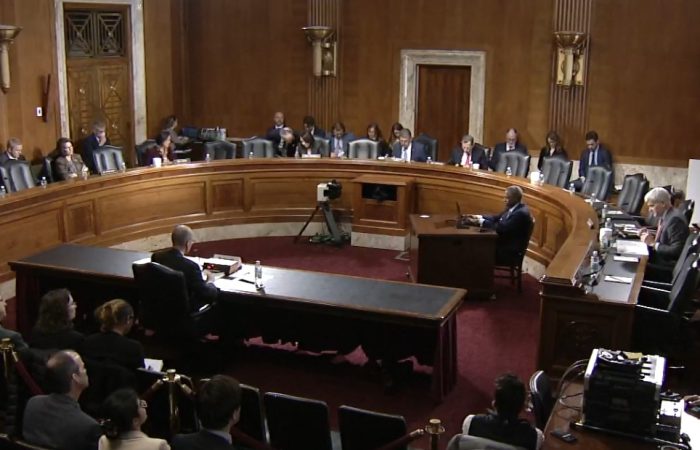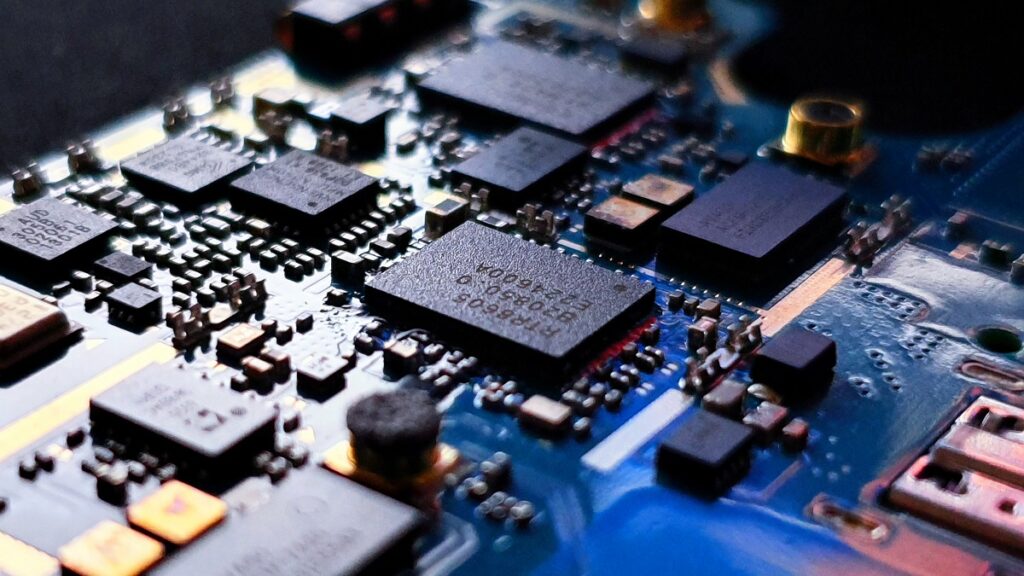On February 2, 2023, the Senate Committee on Energy and Natural Resources held a hearing on the Department of Energy’s Implementation of the Infrastructure Investment and Jobs Act. The Infrastructure Investment and Jobs Act, also known as the Bipartisan Infrastructure Act (“BIL”), broadly invested in America’s essential infrastructure and specifically provided more than $62 billion of funding over the next 5 years for new and existing programs under the Department of Energy. The February 2 hearing discussed BIL’s implementation 14 months after it was signed into law on November 15, 2021.
David M. Turk, Deputy Secretary of the U.S. Department of Energy, testified before the committee. Committee Chairman Joe Manchin, Ranking Member John Barrasso and other members of the Energy Committee attended the hearing.
Notable Statements:
- Deputy Secretary of Energy David Turk discussed the Department of Energy (DOE)’s Year One progress on implementing the bill and looked into specific programs and initiatives concerning clean energy, electric grid and transmissions, manufacturing and energy supply chains. He also covered DOE’s internal oversight mechanisms and its plans for 2023.
- Senate Energy Committee Chairman Joe Manchin, Ranking Member John Barrasso and Committee Member Catherine Cortez Masto expressed concerns over DOE’s decision to award grants to Microvast, a Texas-based battery manufacturer. The lawmakers claimed that China has “substantial influence” on Microvast.
- In response, Deputy Secretary Turk emphasized that the department has a “robust” process to conduct due diligence and investigate strategic risks—including by consulting intelligence officials and utilizing the department’s own expertise—after awarding the grants but before sending over the funds to potential recipients.
- Mr. Turk noted, however, that “unfortunately most of, in fact, a vast majority of battery manufacturing is in China right now and a lot of that IP is in China right now,” and thus “we have to have an eyes-wide-open strategy” when implementing BIL. With the tools available through BIL, the department will move to re-shore these manufacturing and reassert U.S. leadership “as quickly as we possibly can,” Turk added.
Backgrounds and Takeaways:
Founded in 2006 in Houston, Texas, Microvast is a leading manufacturer of lithium-ion batteries for electric vehicles (EVs) and energy storage systems. On November 2, 2022, General Motors and Microvast announced that they will jointly develop a specialized EV battery plant in the United States and will receive a $200 million grant from the U.S. Department of Energy for the project. The plant will reportedly be built in Clarksville, Tennessee, bringing about 700 new jobs to the local community.
On December 7, 2022, two Republican lawmakers—Senate Energy Committee Ranking Member John Barrasso and then House Science Committee Ranking Member (now Committee Chair) Frank Lucas—separately noted that Microvast has a significant portion of assets and generates more than 60% of its revenues in China, criticizing DOE’s decision to award the $200 million grant. DOE reportedly defended the award, calling Microvast an “American battery company” that “no longer needs to look to China to establish its manufacturing facilities” “thanks to the Bipartisan Infrastructure Law.”
As the Biden administration seeks to improve American competitiveness by building infrastructure and developing clean technologies, the case of Microvast reflects a number of practical challenges. Given the interconnectivity between the Chinese and the American economy as well as China’s presence in fields such as critical minerals and battery manufacturing, Microvast is hardly the only company with significant ties to China. While political and supply chain independence considerations might demand heightened scrutiny of the ties, the same scrutiny might also hinder American economic interests and the growth of local American industries. Furthermore, Microvast incidents and the like increases the tensions between the administration and Congress, and can put additional administrative burdens on the U.S. government when it is already functioning at full capacity to implement massive new bills including the Infrastructure Investment and Jobs Act, the CHIPS and Science Act and the Inflation Reduction Act.




